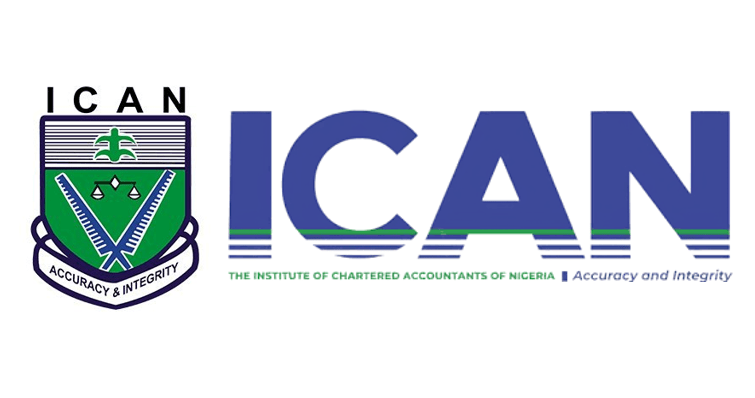Paragraph 1: ICAN’s Revised Syllabus: A Catalyst for Fiscal Reform and Public Accountability
The Institute of Chartered Accountants of Nigeria (ICAN) has launched a revised professional examination syllabus designed to bolster the nation’s fiscal reform agenda and enhance public sector accountability. The syllabus is strategically aligned with the ICAN Accountability Index, a tool used to evaluate transparency and efficiency in public financial management across the country. This alignment is particularly crucial in Nigeria, where strengthening public financial accountability remains a pressing concern. The updated curriculum reinforces core competencies in accountability, fiscal responsibility, and sustainability, equipping future accountants with the skills and knowledge to navigate the complexities of public finance and contribute to greater transparency.
Paragraph 2: Integrating Fiscal Reforms and Emerging Technologies
The revised syllabus, effective from the November 2025 examination diet, incorporates key provisions of the recent Finance Acts (2020-2023) and anticipates future tax reforms, ensuring ICAN students are prepared for evolving regulatory landscapes. Beyond fiscal reforms, the curriculum addresses critical emerging areas such as Artificial Intelligence, Sustainability Reporting, and Responsible Finance. This reflects ICAN’s commitment to equipping its members with the expertise needed to navigate the complex challenges and opportunities of a rapidly changing global economy. The integration of these contemporary issues ensures that ICAN graduates remain at the forefront of professional practice.
Paragraph 3: Embracing the Digital Age: Preparing Accountants for a Globalized World
A key highlight of the revised syllabus is its emphasis on digital and technology-related skills. Modules addressing the Internet of Things, Artificial Intelligence, and other frontier technologies have been integrated, recognizing the increasing importance of technology in the accounting profession. This focus on technology aims to prepare accountants for the demands of a digital economy, where geographic boundaries are becoming increasingly blurred. By equipping students with these digital competencies, ICAN aims to cultivate "globally agile" professionals capable of thriving in an interconnected world.
Paragraph 4: Adapting to Rapid Change: A More Flexible and Responsive Approach
Recognizing the accelerated pace of change in the professional landscape, ICAN has shifted from a five-year syllabus review cycle to a three-year cycle. This ensures the curriculum remains relevant and responsive to evolving industry needs and global best practices. Furthermore, a new waiver framework has been introduced, allowing candidates to seek exemptions from previously failed subjects if they subsequently acquire relevant qualifications demonstrating competence. This reflects a shift towards a more skill-based and flexible certification system, acknowledging that learning is not always linear and valuing the acquisition of skills through diverse pathways.
Paragraph 5: Collaboration and Consultation: Ensuring Global Competitiveness
The development of the revised syllabus involved extensive collaboration with national and international stakeholders, including the International Federation of Accountants, the Financial Reporting Council of Nigeria, the Securities and Exchange Commission, and prominent professional services firms. This collaborative approach ensures the syllabus aligns with global best practices and meets the needs of the Nigerian business environment. ICAN President, Davidson Alaribe, emphasized the importance of continuous professional development, stating that the reforms are essential for maintaining the global competitiveness of Nigerian accounting professionals.
Paragraph 6: Implementation and Support: Guiding Students Through the Transition
While the revised syllabus retains the existing 15-subject structure, it features updated subject names and enriched content to reflect current industry trends. To facilitate a smooth transition for students, pilot questions and mock exams will be introduced ahead of the November 2025 rollout. These resources will help students familiarize themselves with the new content and assessment format. The revised syllabus also anticipates future legislative changes, with plans to introduce specific modules addressing tax reforms once the relevant legislation is enacted. This proactive approach ensures that ICAN graduates are equipped to navigate the complexities of the evolving tax landscape.














